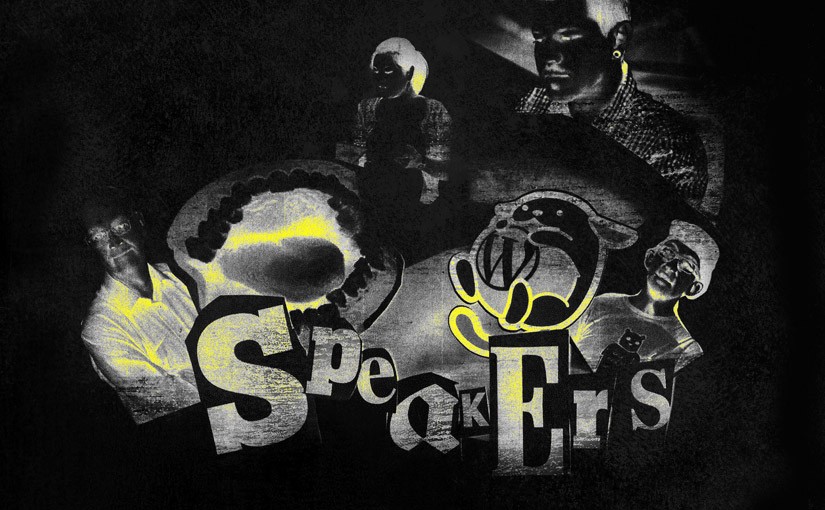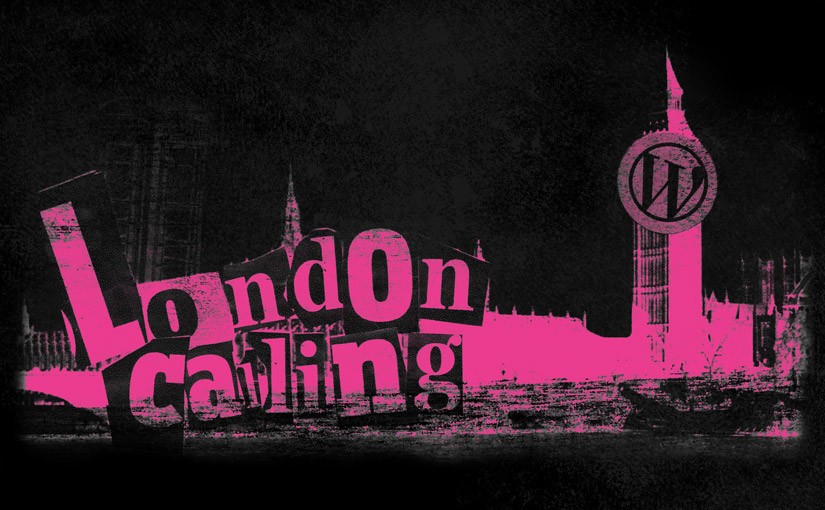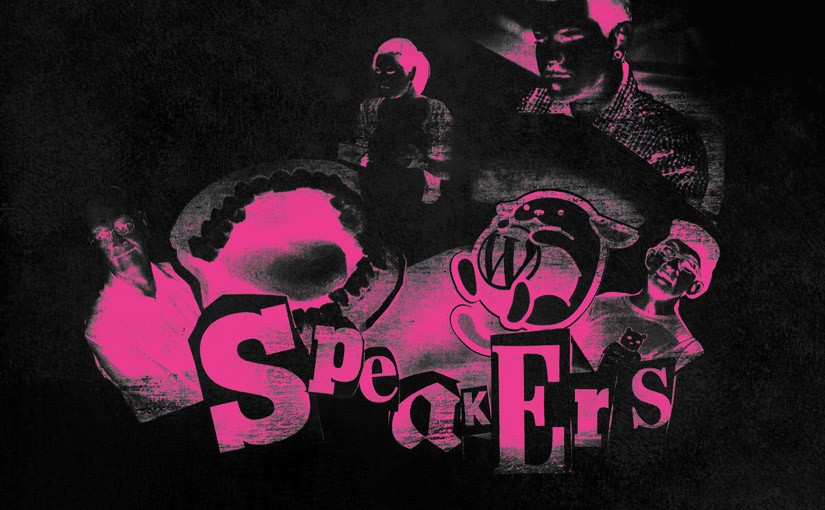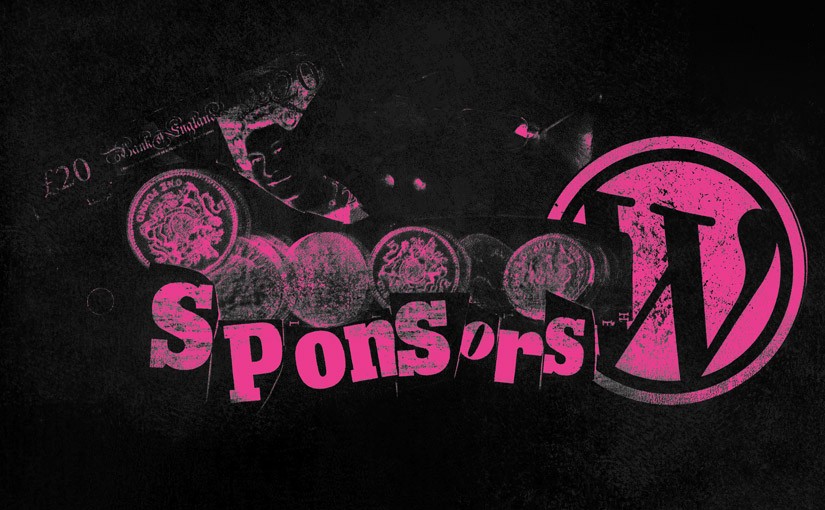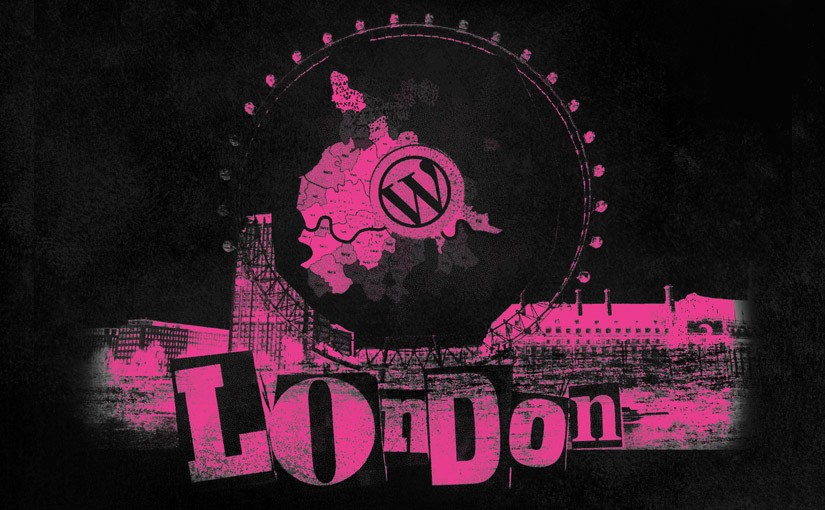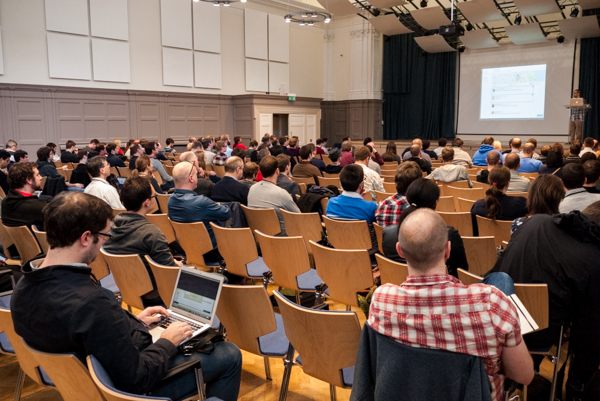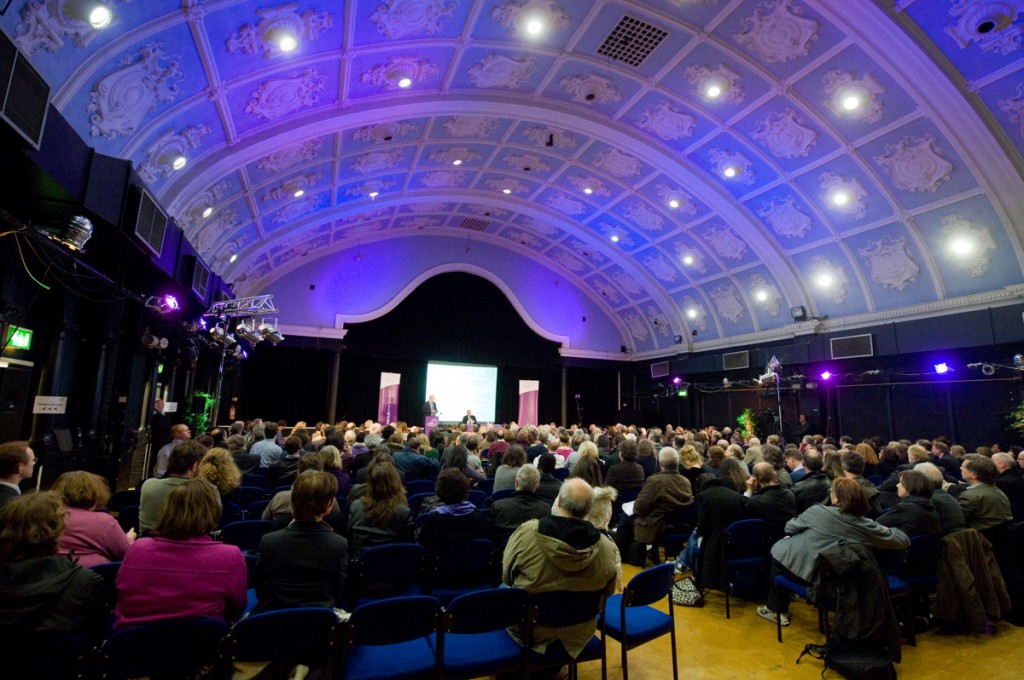WordCamp London is happening March 20th – 22nd 2015, and we’re looking for speakers to make it happen.
WordCamp London is a community event that brings together designers, bloggers, developers, bloggers, small business owners, entrepreneurs, and educators from all across London. WordCamp London represents the passion, talent, and diversity of that community, and we want you to be a part of it!
Interested? Head on over to the application form!
Format
- Full-length sessions will be 25 minutes long with 10 additional minutes for questions from audience.
- We will also be running sessions of 5 minute lightning talks throughout the weekend. These lightning talks will give you an opportunity to get one point across really really fast.
What we’re looking for
We’re looking for talks, presentations, or panels about WordPress, or topics that you think would be interesting to our audience of WordPress users, developers, and anyone in-between.
WordCamp presentations are best when they tell a story, or when they dig deeply into a very specific area. It’s better to focus on something very narrow and give the audience something to go home with, rather than try to cover a broad topic in a short space of time. Examples of areas we’re interested in are:
- Advanced developer: working with Backbone.js in WordPress, using the WP JSON REST API, making the most of wp_query, server setup
- Design: better typography, multi-device theme design, UX in WordPress
- Theme Development: using the theme customiser, building your first child theme, introduction to template tags
- Business: raising your rates, dealing with clients, building enterprise sites
- User: securing your WordPress website, WordPress productivity hacks
- Content: content strategy, finding a voice, raising your profile with a blog
These topics are just for inspiration – they’re not exhaustive. If you want to discuss your idea ahead of submission you can email us at london@wordcamp.org.
Remember, you don’t need to be an expert at all to share your thoughts at WordCamp! We have a peer mentorship program which you can subscribe to when you put in your application.
Not-for-profit track
This year, WordCamp London will have a Saturday track focused on not-for-profit organisations using WordPress. The track is open to anyone working in the third sector, NGOs, charities, social enterprises, voluntary organisations, neighbourhood or community groups, hyper-local and micro-enterprise websites.
We’re running the track in association with our venue, London Metropolitan University who have a strong record of research and course provision in social entrepreneurship, community and international development – as well as in computer science and web development.
We’re looking for presentations focused on not-for-profit organisations use of WordPress. If you work for a charity or build websites for third-sector organisations we’d love you to share your knowledge and experience with the WordCamp audience.
Examples of presentations that would fit well in the track might include:
- How to deliver sustainable web strategies for not-for-profit organisations
- Using WordPress to create platforms for hyper-local and community business models
- How NGOs are using WordPress as part of their approach to information management
- Raising your social enterprise’s profile with a blog
- Using WordPress in a particular segment of the not-for-profit sector – e.g. in arts organisations
- The benefits and costs for not-for-profit organisations using open source software
- How our campaign went from no website at all to a web presence
- A case study on how my not-for-profit organisation uses WordPress
If you’ve got a story to tell or knowledge to share we want to hear from you.
Just select “not-for-profit” on the signup form question “Who is your intended audience?”
Talk Submission
- Please complete this form below to propose a talk.
- If you have more than one idea, submit them all, we’ll pick our favourite. Please send one submission per talk.
- The closing date is the 20th December.
- All talks are recorded and posted to WordPress.tv. Speakers will need to sign an A/V release form prior to giving their presentation.
- Lightning talk slides need to be submitted by 9th March
- Full-length talk slides need to be submitted by 12th March
- As a non-profit, community event, we are unable to pay for travel and accommodation
The Call for Speakers deadline is 20th December 2014 —don’t wait until it’s too late!
Application form here!
If you’ve any questions feel free to leave a comment below, or send us an email at london@wordcamp.org.
